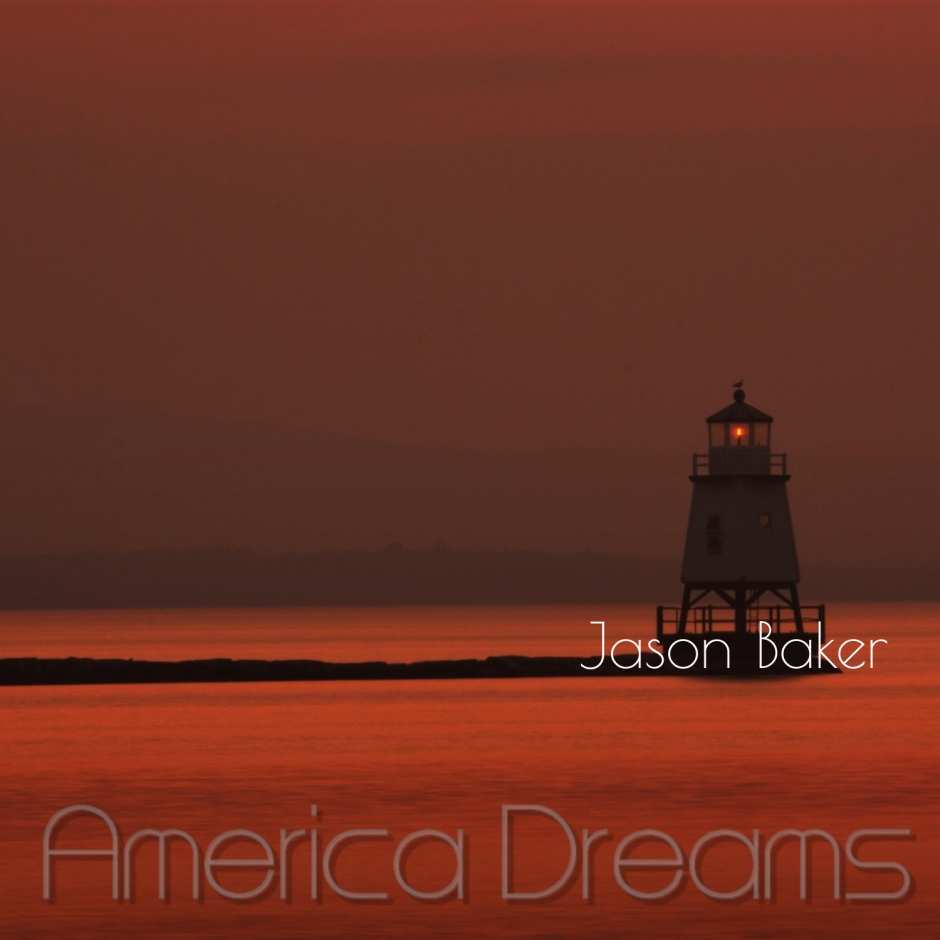Are all gigs “good” gigs?
(TL/DR: SEND ME GIG IDEAS PLEASE!)
So, obviously, no… some gigs are in places that are hard to get to, difficult to load in, cramped to set up and/or lacking in walk-by traffic. Some places the staff isn’t nice or it’s just not a great experience for the performer for one reason or another.
Many times it’s the fact that it doesn’t pay. Other times, it might pay, but no one is listening, or worse, people are talking loudly over your playing and singing. These are the most common “problems” for a performing artist who is doing their own original material. So…
Is it better to be heard or paid?
Instead of saying this is an intractible debate, I will come down firmly on the side of being heard. Playing 2 or 3 songs at an open mic where there is an attentive audience seems far more personally rewarding than playing 2 hours and getting paid for it, but having no one listen or care at all.
That said, it sucks to play for no money, and tips are NOT typically enough to make it worth it (there are some venues that do more than others to help solicit tips for musicians, through on-table tip containers and reminders for example).
Since I feel that “people hearing the songs” is an important measure of success to me, I guess it makes sense that I feel getting heard matters most.
How does gigging meet your goals?
So, when you talk to a musician who earns their living on the road gigging, they will tell you they are playing well over 200 shows a year. They make a living that way, but they CAN’T reduce that schedule without doing something else to take it’s place: teaching music, etc.
I figure I am not likely to ever make enough money to make a living at this, even if I could get booked for 230 nights in the next year, as my costs are more than just supporting me: wife and two kids, mortgage and credit card debt. Not likely to make enough money as a touring musician at my age.
So, why am I bothering to perform at all? I guess it’s just about trying to communicate with people around me and make some kind of connection to a larger community. I am always hoping people will listen to the lyrics of the song and “get it”. When people do, and they like it, that is very important to me emotionally
Is gigging a worthy goal on it’s own?
Well, in the sense that playing music is good for you and fun, one could suppose that any gig, at least any gig that doesn’t have serious problems or red flags, is better than no gig. Getting practice on stage, even in front of a disinterested room, is still experience and helps make you a better musician.
If the hassle factor of the gig is causing more stress than is relieved by playing music (or getting paid), then it’s probably not worth doing again. If there is no pay and no audience, you may legitimately wonder what is up with the venue. They may just not be “happening” as a business, or it may be they are just developing their local scene, and you can help. Use some common sense: not much will fix a lousy location or no positive proximity to other businesses, institutions and amenities.
Reach that one ear
Many gigs will seem questionable or tiresome, but if you love playing music then you can focus on doing that and maybe, just maybe, if you do a good job and are well-prepared, you will reach one person with one song, even just catching their ear for a few seconds. It probably won’t change the world, or even their life, but then again, when it comes to how songs work, the truth is you never know.
Pay to play sucks
There are some legitimate times when sharing the cost of production makes sense, but for the most part, there are now a lot of “Pay-to-Play” scenarios out there that seem strictly predatory: pay for gauranteed review placement or getting included on a playlist is standard. Paying to play at anything other than an industry showcase is probably a rip-off.
I want gigs
I am open to all kinds of gigs, so send me what you got! Looking for New England, New York, Mid-Atlantic, and possibly Eastern Canada. Ideal: a listening room. Good: a bar or restaurant that pays. OK: a place that pays tips only. Also: I do originals and many songs have political content.
Feel free to leave suggestions in the comments! THANKS!









